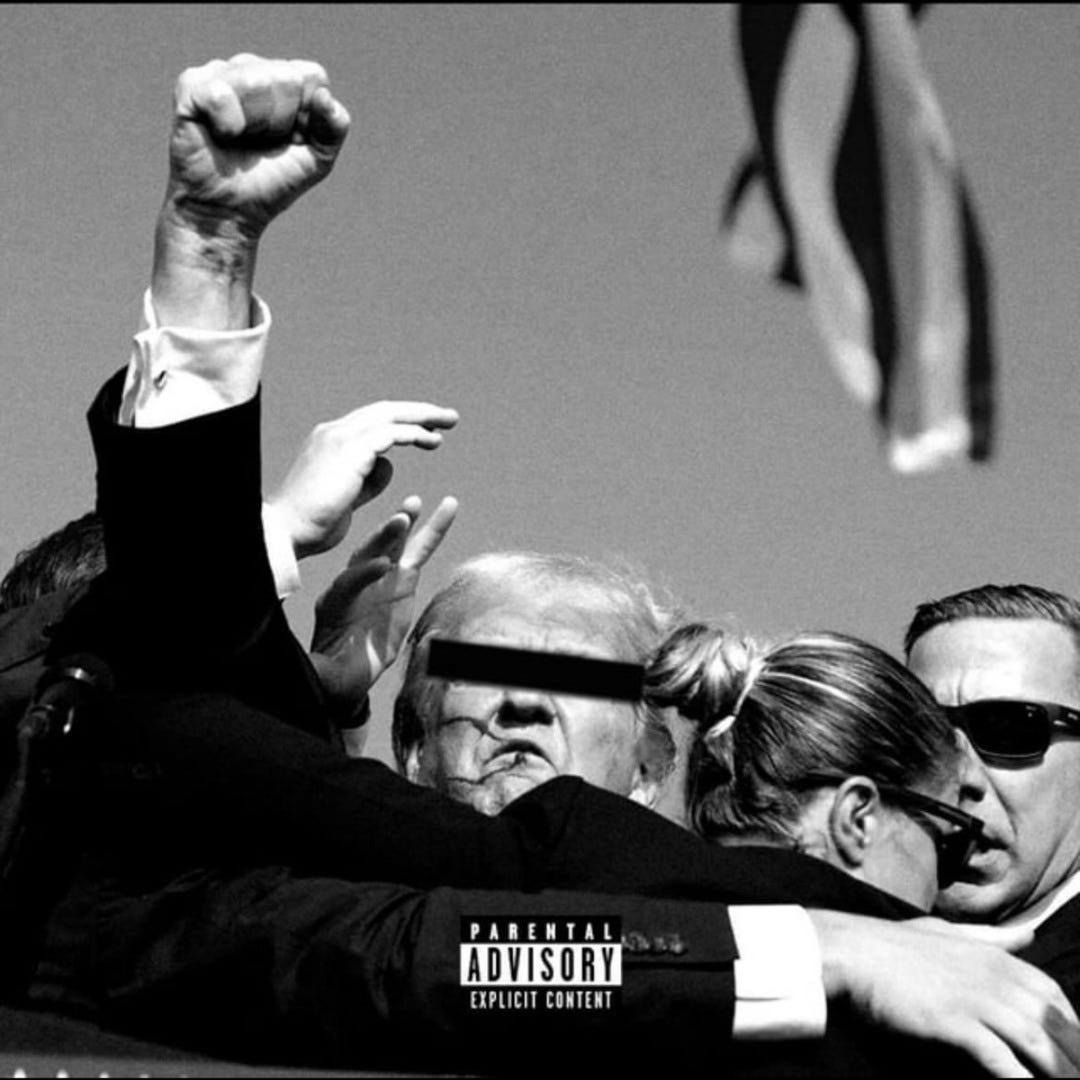Do they think we’ve forgotten?
The Left Cries Foul Only When the Rules Hit Them Back
OPINION: By Walter Curt
A week like this is a gift to the amnesiacs in our political class—the folks who yank the fire alarm and then look shocked when the sprinklers go off. Jimmy Kimmel gets yanked off the air, the left clutches pearls and screams “censorship,” and suddenly we’re all supposed to pretend the last decade didn’t happen. ABC pressed pause…




